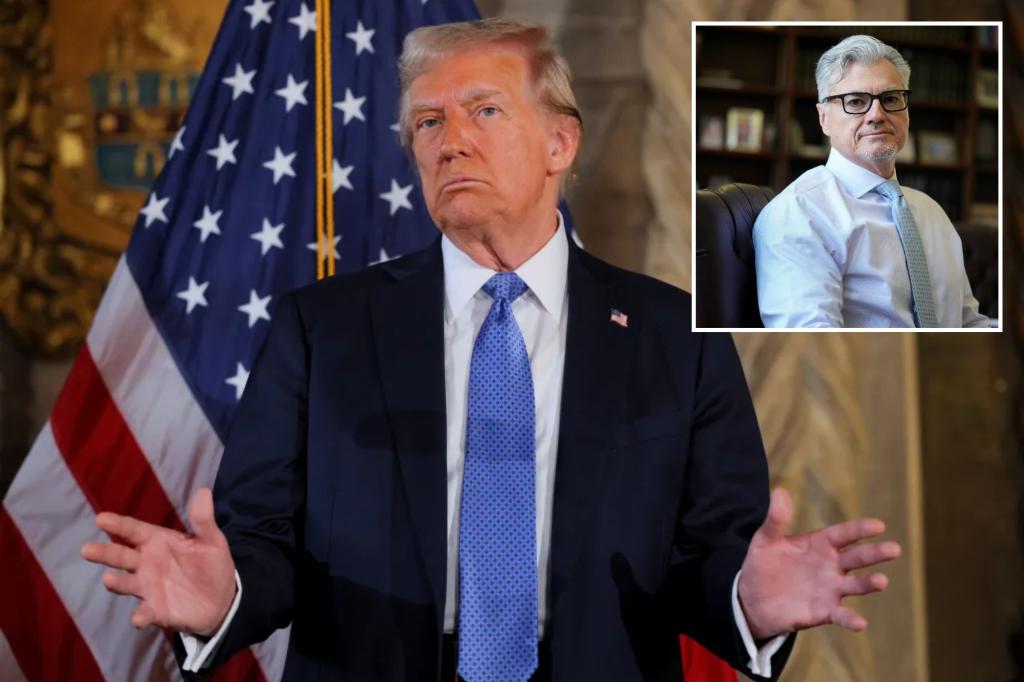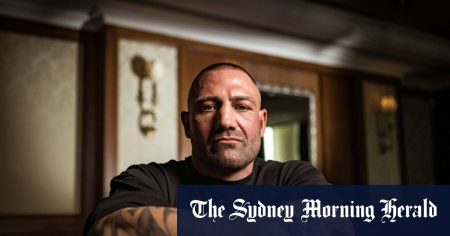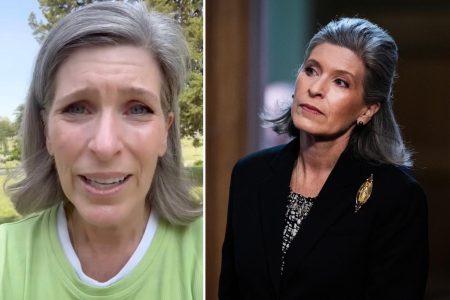Paragraph 1: The Sentencing Delay Request
Former President Donald Trump, facing sentencing in a hush-money case, has requested a delay in the proceedings. His legal team filed a motion on Monday, aiming to halt the sentencing scheduled for Friday, just days before his second inauguration. The request for delay stems from Trump’s intention to appeal Judge Juan M. Merchan’s recent rulings, which upheld the guilty verdict on 34 felony counts of falsifying business records. The defense argues that their planned appeal to the Appellate Division triggers an automatic stay, or pause, in the proceedings. Alternatively, they have requested that Judge Merchan directly grant a stay, preventing the sentencing from proceeding as planned.
Paragraph 2: Trump’s Legal Arguments and the "Witch Hunt" Narrative
Trump’s spokesperson, Steven Cheung, characterized the case as a "witch hunt" orchestrated by the Manhattan District Attorney’s office. Cheung asserted that the "Supreme Court’s historic decision on Immunity, the state constitution of New York, and other established legal precedent" mandate the dismissal of the case. This statement echoes Trump’s repeated claims of political persecution and his attempts to leverage presidential immunity as a defense, arguments that have been consistently rejected by Judge Merchan. While the specifics of the "historic decision on Immunity" Cheung refers to remain unclear, it likely alludes to broader principles of executive privilege and immunity rather than a specific Supreme Court ruling directly related to this case. The Manhattan District Attorney’s office has not yet publicly responded to these latest developments.
Paragraph 3: Judge Merchan’s Position and the Likelihood of Leniency
Judge Merchan’s recent rulings indicate a leaning towards leniency in Trump’s sentencing. While acknowledging the seriousness of the conviction, the judge has signaled his intent to impose an unconditional discharge, effectively closing the case without jail time, fines, or probation. He justified this decision by citing the need to bring "finality to this matter" and acknowledging the demands of the presidential transition. This approach stands in contrast to earlier calls for imprisonment from key prosecution witness Michael Cohen, Trump’s former personal lawyer, who has since revised his stance and now deems the judge’s intended leniency "judicious and appropriate" given the "intervening circumstances."
Paragraph 4: The Hush-Money Scheme and the Falsified Records
The case revolves around a scheme to conceal a hush-money payment made to adult film actress Stormy Daniels during the final stages of Trump’s 2016 presidential campaign. The payment was intended to prevent Daniels from publicly disclosing an alleged affair with Trump, an allegation he vehemently denies. The charges specifically relate to how Trump reimbursed his then-lawyer, Michael Cohen, for the payment. Prosecutors successfully argued that Trump falsified business records to disguise the reimbursement as legal expenses, constituting the 34 felony counts. The conviction carries a potential penalty ranging from fines and probation to a maximum of four years in prison, though Judge Merchan’s indicated sentence eliminates the possibility of incarceration.
Paragraph 5: Trump’s Appeal and the Potential Constitutional Implications
Trump has vowed to appeal the verdict, a process that could have significant legal and constitutional ramifications. He maintains his innocence and has framed the case as a politically motivated attack. He has also argued that upholding the verdict would set a dangerous precedent, undermining the presidency as an institution. His legal team is expected to continue pursuing arguments related to presidential immunity and other legal grounds for dismissal. The appeal process will likely be protracted and could potentially reach higher courts, further delaying any final resolution.
Paragraph 6: Procedural History and the Unprecedented Nature of the Case
This case marks an unprecedented moment in American history, with Trump being the first president to take office while convicted of felonies. The sentencing, originally scheduled for July 11, 2024, has been postponed multiple times, initially at the request of the defense and later due to the presidential election and its implications for the case. The delays have contributed to the ongoing uncertainty surrounding the legal proceedings. The ultimate outcome of the appeal and its impact on both Trump’s presidency and legal precedent remain to be seen. The case continues to draw intense public scrutiny and raises complex questions about the intersection of law, politics, and the presidency.










